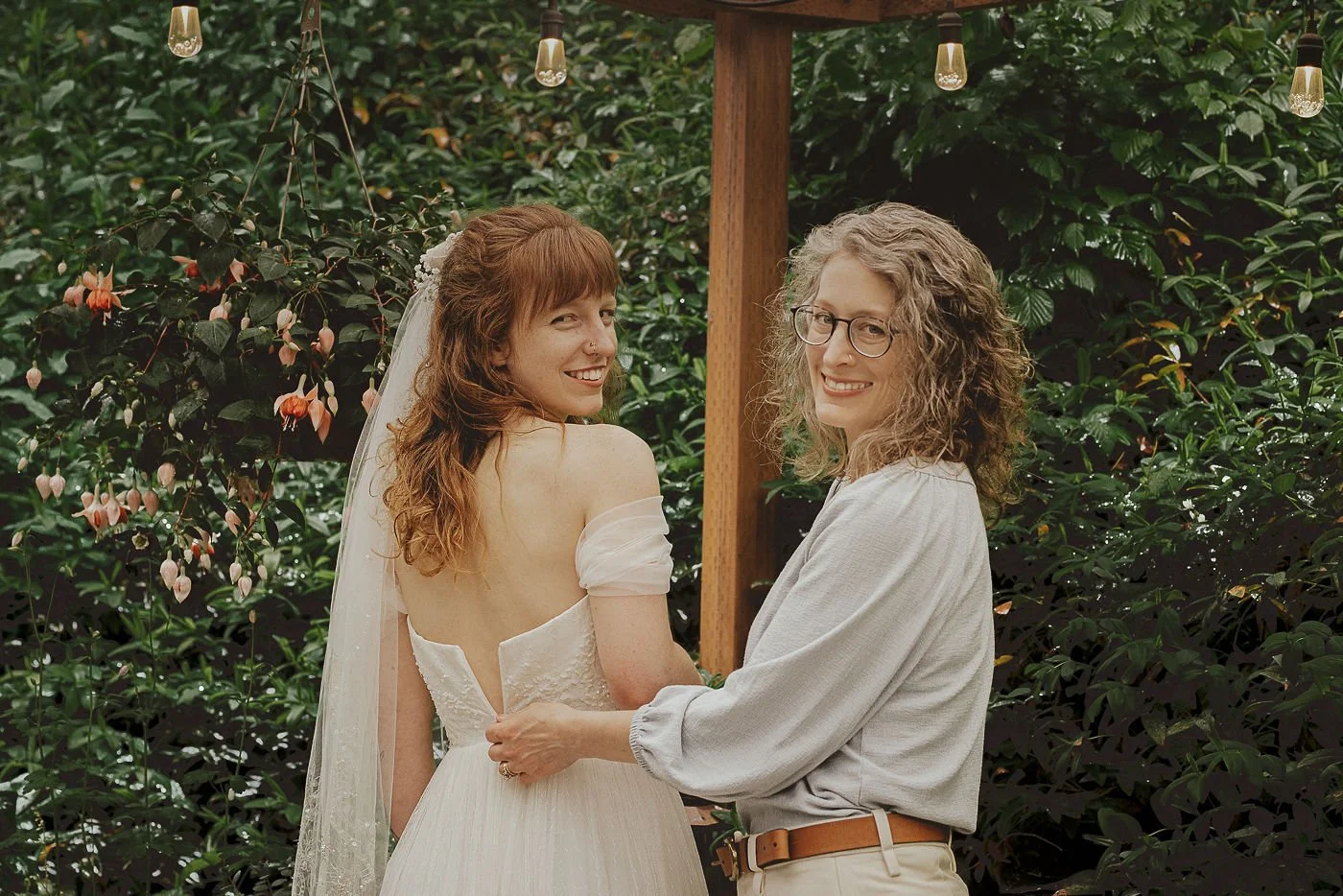Now :: August 2024
/Hello friends,
Outrageously, it is August. Month of sun and smoke. My state continues its annual burning, though we are far away from any flames or damage here closer to the coast. I have been in classes this summer, trading stories with gentle-souled young people. My classmates are beautiful, like rocks you pull glistening from a riverbed, quietly colorful and laced with sparkle. Their stories are full of emotion, all with this reaching, searching quality that makes me want to be good to them and tell them everything will be okay.
Everything will be okay. Maybe we all need to hear that now.
Last night I was standing on my deck as the sun went down and the little bats were coming out to forage. I never have the patience or energy for star-gazing; my night sky pleasure is the little brown bats. I love the way they emerge at twilight and flit like secrets across your view. They live very neatly in the eaves of my house and the canopy of fir trees, but they are not just country creatures. They flutter through city and suburban skies without prejudice. Sometimes when I feel nearly smothered by the pollution of the internet outrage factories I think that every day the bats or the bumblebees or the wood ants are living in an incredible now, without worry, without outrage, or smugness, or despair.
Democracy can be in peril and the cedars dying and the state burning and relationships fractured and cancer licking at the door, and everything will be okay because I am alive, we are alive, now.
This idea settles me somehow. When I was younger, we lived for a day when we would fly away to glory. Here and now was a desolate place, twisted by sin and sharpened at the edges. Pray, wait, endure, long for that some day in the sky. I can look back and see the smudge of days I thought were ugly or beneath my notice, years that I wished away. Now, I just live. Gratefully.
Now there are blackberries, and a free day, and a little dog who has adopted us. Now there is a kiss in the kitchen and dahlias in a vase. A call from a grown child. Good coffee. Time to write. All this tangled in with the grief and pain and weariness, of course. It is always a tangle. But which one will I stay with?
Soon my class will be done and my new young friends scattered again. I will get a few weeks of summer before I go back. There’s a tree I want to climb, a pasture I want to nap in, so many books I want to read. I would like to write here a little. Be quiet a little.
Do you have any plans for your now?
Birdy
A little of this and that:
~ Reading the last of the Cromwell trilogy with Simon Haisell. I’ve been putting this one off because I know what’s coming, but the slow pace and the company of a group helps. Simon is a terrific host and offers so much insight into these dense, intelligent novels.
~ Listening to this repeatedly.
~ Been mixing things up by avoiding the streaming services and getting old-school DVD’s from the library on a Friday night. Sometimes it’s helpful not to have so many options. In the current stack:
~ Just about to start The Perfectionist’s Guide to Losing Control
I’ve been off Instagram and all other similar platforms for years, but I sometimes scroll my husband’s very boring (sports-algorithmed) IG feed, so I can recognize this frustration. Remember when we thought we were using these platforms to connect with each other?
“Meta, Instagram’s parent company, still says its mission is giving people “the power to build community and bring the world closer together.” As it thwarts my efforts to see all the photos posted by people I know and chose to follow, I call bullshit. Injecting Reels in my feed, then refusing to let me abolish those diversions, hasn’t just put my loved ones in competition with viral nonsense––it has repeatedly subverted my attempts to ensure that my loved ones win.”~Conor Friedersdorf
~It’s the magnificent James Baldwin’s 100th birthday. Here’s a nice article about where to start with his books.
~Are Novel Covers Alienating Male Readers? These covers are alienating me, so I can see it!
OK! That’s about it for this month. Shall we meet here again soon?
Peace keep you, friends.
tonia





















